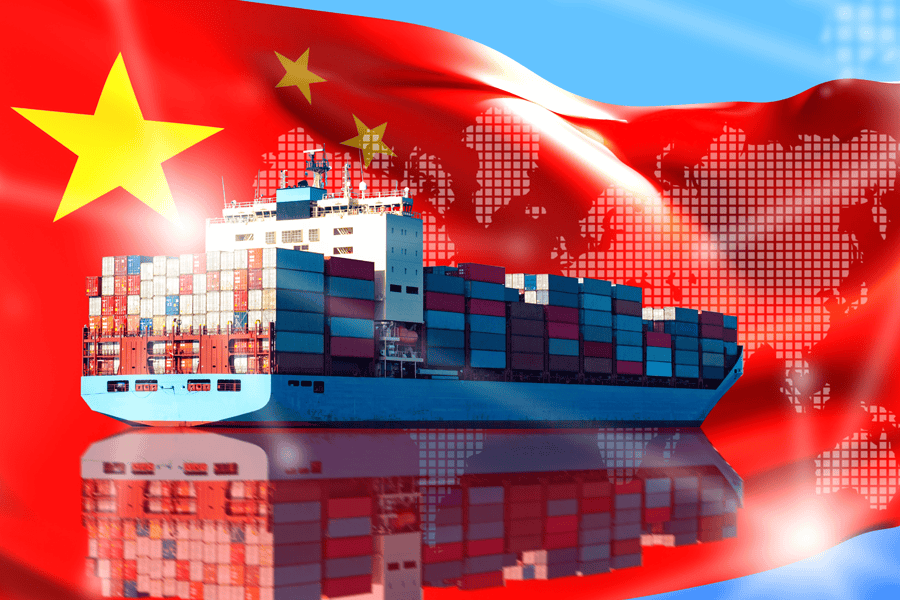Will China Ban the Export of Raw Materials?
July 2023 | Market Insights

Source: FOTOGRIN/shutterstock.com
Permission from the Chinese Ministry of Commerce will soon be required to export the technology metals gallium and germanium.
Starting August 1 this year, China will impose stricter controls on the export of gallium and germanium. This is stated in a press release from the Chinese Ministry of Commerce. Both technology metals are important starting materials to produce semiconductors, solar cells, LEDs as well as fiber optical cables. According to the U.S. Geological Survey, the People’s Republic accounts for the largest share of global gallium and germanium production.
The announcement also generated a great deal of media attention against the backdrop of the political tensions between the U.S. and China. Nevertheless, it remains unclear how the measures, which are justified with reference to national security, will play out in practice. Specifically, they require Chinese exporting companies to apply for a license to send gallium- and germanium-related products in the future. What is needed for the license or what can lead to a prohibition, is not clear from the announcement by the Ministry of Commerce. However, exporters must provide detailed information about the consignee of the product. Certain compounds of the two metals qualify as dual-use goods for both, civilian and military use. China may therefore be primarily concerned with controlling the countries to which these raw materials are supplied.
Matthias Rüth, Managing Director of raw materials supplier TRADIUM GmbH, says: “The news on export restrictions for gallium and germanium has led to nervousness in the market. Many companies are wondering whether their supply chains for the raw materials will remain resilient when Chinese exporters must go through licensing from August this year. It would not be the first time that raw materials giant China has played poker with industrial metals and tested its power. Beijing already regulated the export of metals such as rare earths in 2010. At the time, this led to severe price turbulence. Whether it will happen again this time remains to be seen.”
However, industry observers also see the new regulation as a reaction to the U.S.’ efforts to cut China off from the supply of modern semiconductor chips. The Middle Kingdom occupies an almost dominant position in the raw materials sector. Nevertheless, it has not yet been able to catch up technically with the chip industry of South Korea or Taiwan. According to the wishes of the U.S. and several allies, this status quo should not change. Just one day after China’s announcement on gallium and germanium, plans leaked out from the U.S. government to prohibit Chinese companies from accessing cloud computing services, for example from Amazon and Microsoft. This is reported by the industry news service rawmaterials.net. In this way, access to powerful computing capacity is possible without physically owning the necessary chips, they say.
All eyes are now on U.S. Treasury Secretary Janet Yellen, who is expected to hold talks in Beijing this Thursday. The meeting, which had been scheduled well in advance of China’s announcement, aims to engage in discussions encompassing various aspects, including shaping bilateral relations between the two countries and jointly addressing global challenges.



